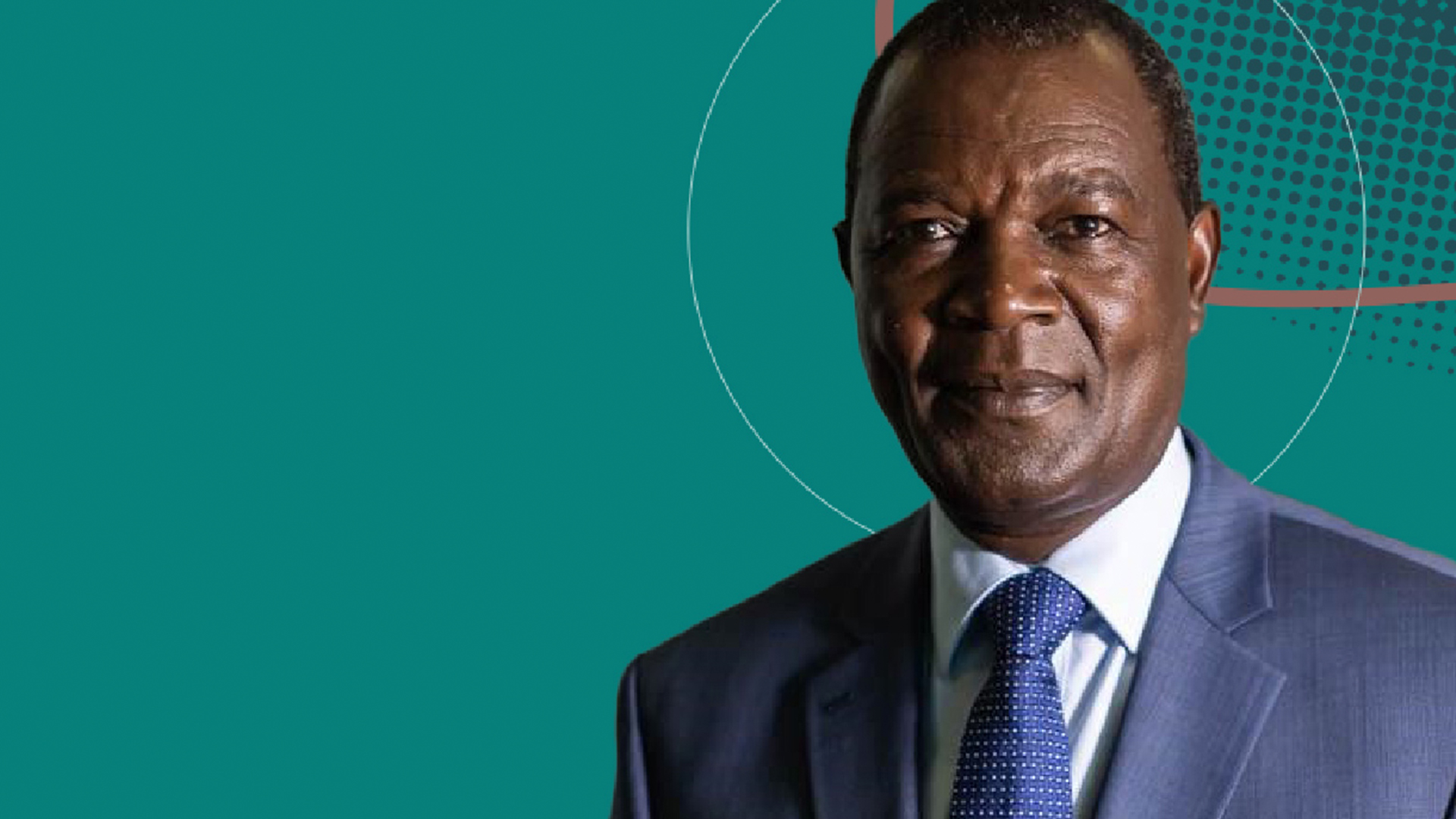
AERC’s Special Session at World Congress of the International Economic Association
November 10, 2021The African Economic Research Consortium (AERC) held a session at the 19th World Congress of the International Economic Association (IEA) conference. This forum was to be held in Bali, Indonesia in July last year, but it was to postpone it to July 2021 due to the Covid-19 pandemic. The plenary sessions and a selection of invited meetings was held virtually between July 2-6, 2021. The IEA World Congress is one of the premier events in the economics profession and highly visible, competitive, and reputable. This congress is a highly competitive and reputed global event, thus AERC is very fortunate to have a special session at the symposium.
The AERC’s session on “Re-Examining the Growth-Poverty-Inequality Nexus in Africa” was held on July 2, 2021, and was chaired by Prof. Njuguna Ndung’u, AERC Executive Director. Five papers were presented among them: “Towards a Virtuous Spiral between Poverty Reduction and Growth in Sub-Saharan Africa” by Erik Thorbecke (Cornell University) and Yusi Ouyang (Tulsa University); “Alleviating Poverty in Sub-Saharan Africa: The Role of Inclusive Business Models” by Bernadette Kamgnia Dia and Alban A. Ahouré (Cellule d Analyse des Politiques Economiques du Cires (CAPEC), Cote d’Ivoire); as well as “Poverty, Inequality and Growth in Sub-Saharan Africa: Survey Evidence from Cameroon and Kenya” by Germano Mwabu (University of Nairobi) and Francis Baye (University of Yaoundé II, Cameroon);
Other papers included “The Role of Redistribution in the Inequality-Growth-Poverty Relationship: Implications for Africa’s Development” that will be presented by Finn Tarp and Miguel Nino-Zarazua (University of Copenhagen and UNU-WIDER) and “Inequality of Opportunity and the Growth-Inequality-Poverty Nexus in Africa” by Christian Ebeke (International Monetary Fund). The Growth, Poverty, and Inequality Relationships in Africa (GPIR) collaborative research project funded by NORAD is a sequel to one of the most successful collaborative projects of AERC undertaken in late 1990s and early 2000 namely “Poverty, Income Distribution, and Labor Market Issues in Africa”. This project influenced the design of Poverty Reduction Strategy Papers that were adopted across Africa.
“Over the last two decades, poverty declined in Africa, but not at a pace to have deep impacts. The number of the poor increased, hence the need to revisit the growth-poverty-inequality relationships with options for redistributive policies” says Prof. Ndung’u.
This congress is one of the largest gatherings of its kind and brings people from all over the world to discuss their research and policy issues of mutual concern and to address and debate the big economic and policy challenges of our time. The IEA relies on global cooperation for its success, and the selection of papers and organization of sessions, along with a range of partner organizations was managed by a select team.
The IEA believes that every single economic crisis calls for change in the economics profession and new thinking. This was true after the global financial crisis, and it is even more true after the devastating effects of the COVID-19 pandemic on health and livelihoods around the world. It is hoped that the world will pull out of the pandemic quickly. Greater availability of vaccines and their distribution in poor nations will be critical for that. But even with the pandemic behind us, the economic scars on labor markets in advanced nations and the reversal in developmental gains in poor countries will remain with us. And they are likely to exert a long shadow on the future.
Economics is responding to the challenges of our time. Environmental sustainability, inequalities of gender, race, incomes, the rise of authoritarian populism, and the reform of globalization are all centrally on the agenda of the profession. New areas such as behavioral economics, political economy, and the economics of culture continue to develop alongside more traditional fields of the discipline.
The IEA has always stood for a combination of relevance and rigor, as well as for diversity both in terms of perspectives on economic problems and the representation of participants. The Congress is an opportunity for elevating ongoing discussions and debates within Economics onto a truly global stage. The aim is to represent the global economics profession in all its dimensions.








